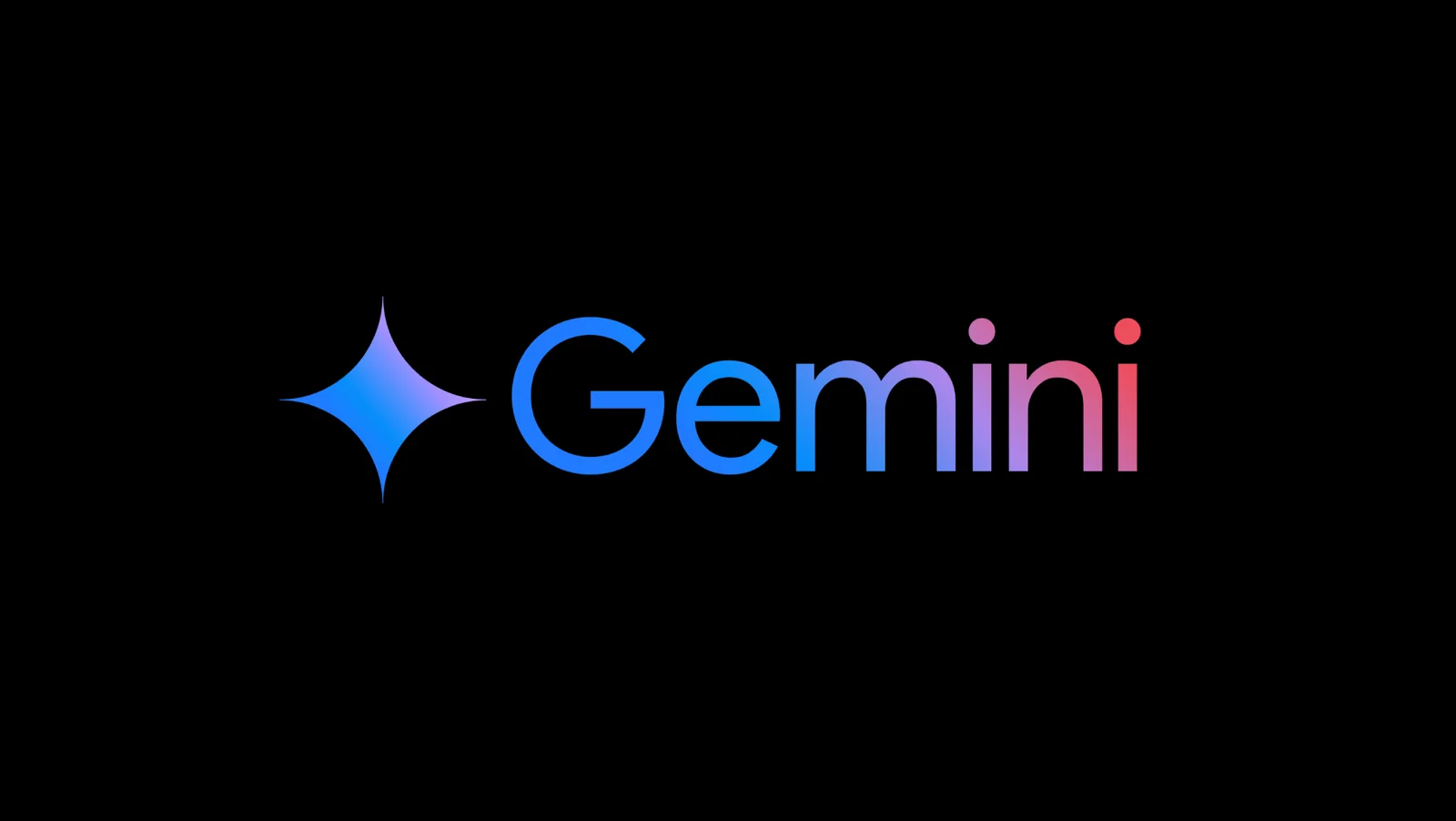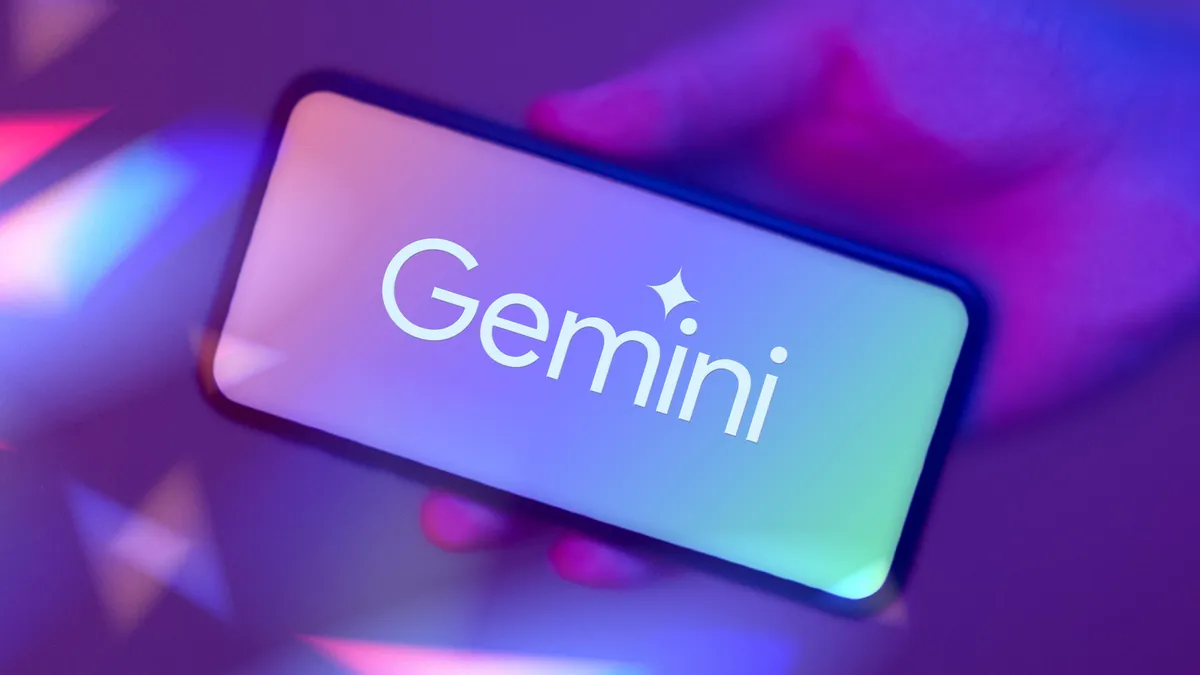Google says Europe faces a pivotal moment as AI reshapes global competitiveness, arguing that the region has the talent to lead the way. It points to growing demand for tools that help businesses innovate and expand. Startups like Idoven are highlighted as examples of Europe’s emerging strengths.
Google highlights its long-standing partnership with Europe, pointing to significant investments in infrastructure, security, and research. It has more than 40 offices and 31,000 staff across the region. DeepMind’s scientific advances, including broad use of AlphaFold, remain central to that work.
Despite this foundation, Google warns that Europe risks falling behind other regions without faster access to advanced AI models.
Only 14% of European companies currently utilise AI, which is significantly lower than the adoption rates in China and the United States. Google says outdated technology limits competitiveness across sectors.
Regulatory complexity is another concern, with more than 100 digital rules introduced since 2019. Google supports regulation but notes that abrupt changes and overlapping requirements can slow product launches and hinder smaller developers. The company calls for more straightforward, more explicit rules that avoid penalising innovation.
Google argues that Europe must also expand AI skills, from technical expertise to leadership and workforce readiness. It cites a decade of training initiatives that helped 15 million Europeans gain digital skills. With the right tools and support, Google says Europe could unlock €1.2 trillion in economic value.
Would you like to learn more about AI, tech, and digital diplomacy? If so, ask our Diplo chatbot!










